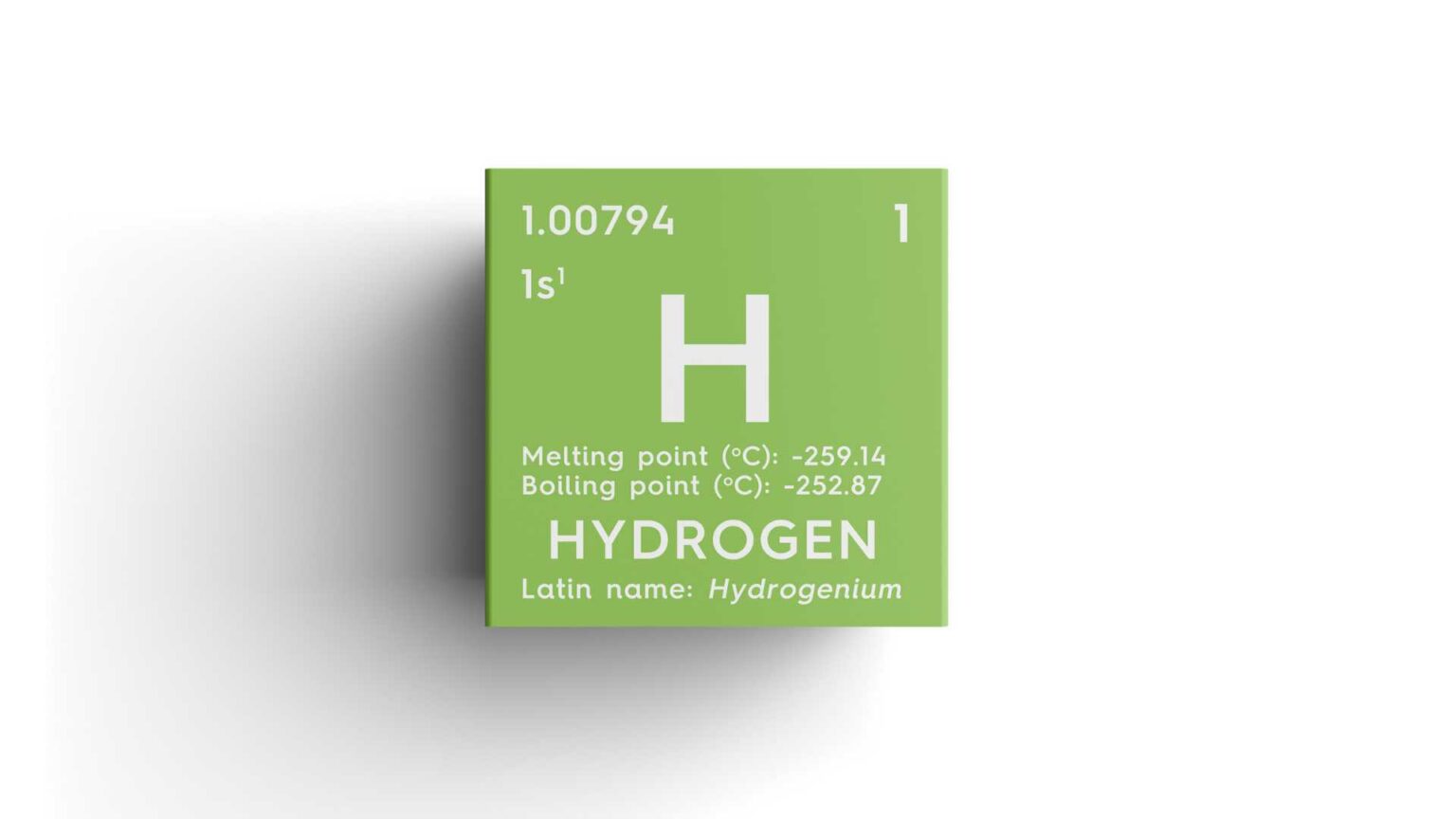An ultrathin hydrogen fuel cell advancing the future of clean power technology is growing in popularity. The novel design is compact yet packs a hefty punch with 175 kW power.
Intelligent Energy, a clean power technology company, has introduced a new ultrathin lightweight 175kW hydrogen fuel cell to the market. This design was debuted at the 2022 Advanced Clean Technology Expo in Long Beach, California. Remarkably, despite its compact weight and size (150kg), it’s capable of generating a healthy 175kW of strength. It also offers potential applications in various telematics.
Engineered completely within Intelligent Energy’s manufacturing facilities, the design strategy involved optimizing all system components. Their expertise in fuel cell technologies since their inception has allowed for a system that’s not only effective and efficient but also incredibly light.
The principle that drives Intelligent Energy’s fuel cell is Proton Exchange Membrane (PEM) fuel cell technology. This reaction is facilitated through hydrogen feed on the anode side and splitting one molecule of hydrogen into electrons and protons. The membrane permits protons to pass through while retaining electrons. This system ensures a zero-emission process with the only waste being water, electricity, and heat.
The novel fuel cell employs platinum catalysts on both anode and cathode sides to catalyze the electrochemical reactions. This smart energy system is characterized by a controlled footprint and a robust output level.
Intelligent Energy’s fuel cell innovatively delivers stellar compactness and power output. Traditionally, small fuel cells were limited to generating just a few kilowatts of power, suitable only for devices with low energy consumption. However, this new-fangled technology boasts of a power-to-weight ratio akin to typical combustible engines. It grapples with formidable competition from combustion engines regarding size and power, almost matching the energy density of internal combustion engines.
The hydrogen fuel cell supports the possibility of divorcing engine size from power potential, a concept disregarded in the wake of electric vehicles but entertaining a revival through hybrid innovation. As energy trends evolve, this fuel cell modification will inevitably spearhead the energy market in the near future.
